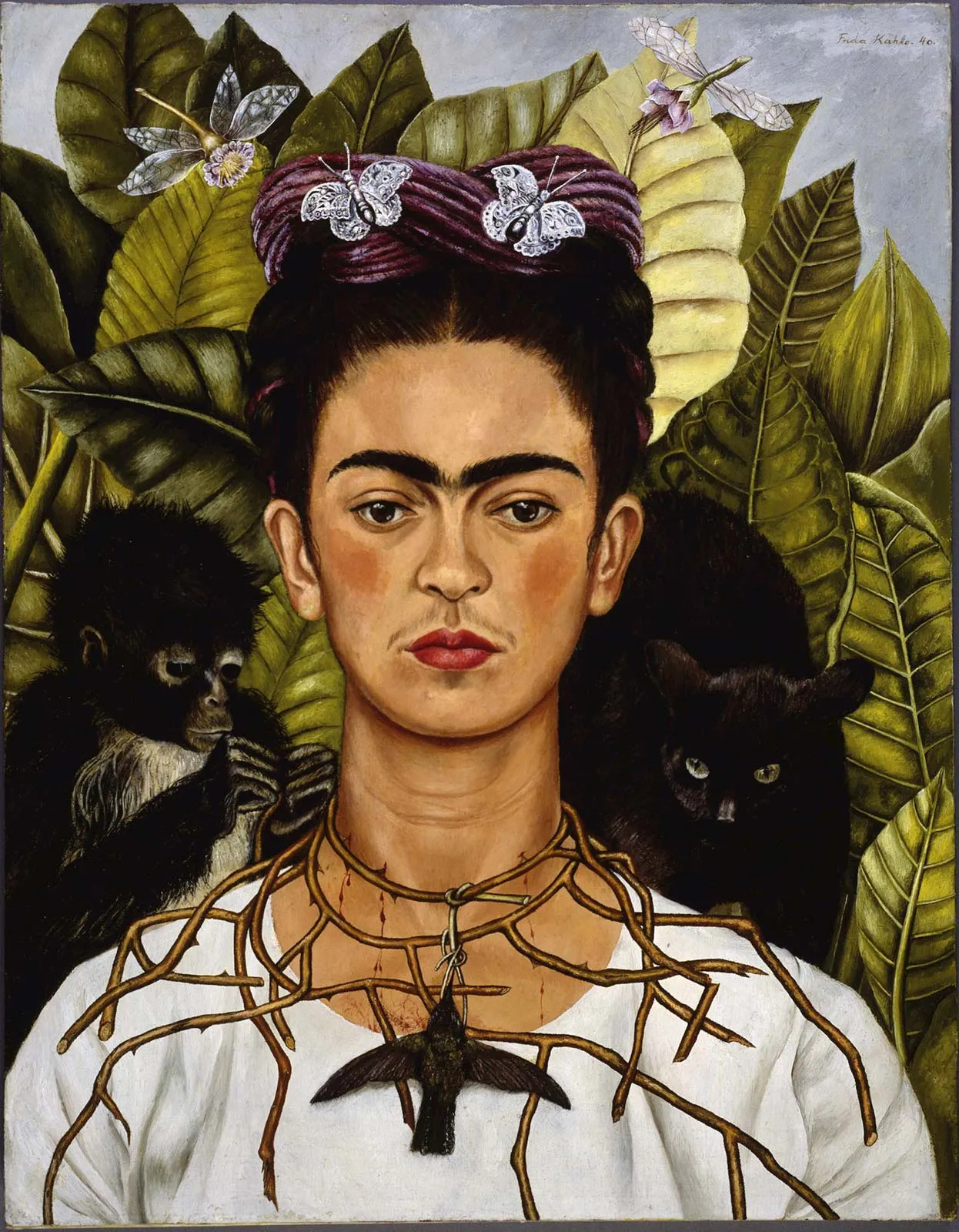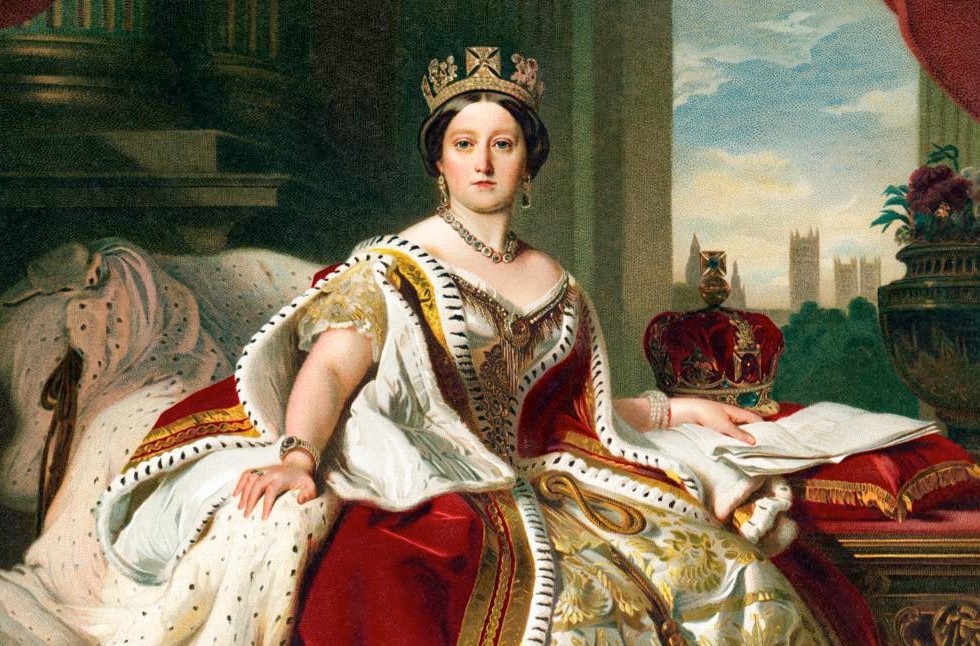
William Shakespeare as we have come to know him in Martin Droeshout's 1623 engraving for the First Folio
Today is William Shakespeare’s 445th birthday. In honor of the occasion, Chicago Mayor Richard Daley wants us all to celebrate by using the Bard’s words, declaring that today is “Talk Like Shakespeare Day.” The official website offers some suggestions as to how you can talk like Shakespeare:
Instead of you, say thou. Instead of y’all, say thee.
Rhymed couplets are all the rage.
Men are Sirrah, ladies are Mistress, and your friends are all called Cousin.
Instead of cursing, try calling your tormenters jackanapes or canker-blossoms or poisonous bunch-back’d toads.
Don’t waste time saying “it,” just use the letter
“t” (’tis, t’will, I’ll do’t).
Use verse for lovers, prose for ruffians, songs for clowns.
When in doubt, add the letters “eth” to the end of verbs (he runneth, he trippeth, he falleth).
To add weight to your opinions, try starting them with methinks, mayhaps, in sooth or wherefore.
When wooing ladies: try comparing her to a summer’s day. If that fails, say “Get thee to a nunnery!”
When wooing lads: try dressing up like a man. If that fails, throw him in the Tower, banish his friends and claim the throne.

This newly-discovered painting, known as the Cobbe, purports to be a portrait of William Shakespeare (reported in March, 2009)
William Shakespeare (1564-1616) also made his mark upon our vocabulary and many common expressions had their origin in his plays. The following is a smattering:

"Ophelia" by John Everett Millais. Hamlet was in love with Ophelia, whose death by drowning may have been a suicide. In the play, Hamlet's mother, Queen Gertrude, laments her death, strewing her grave with flowers, and saying: Sweets to the sweet: farewell!I hoped thou shouldst have been my Hamlet's wife;I thought thy bride-bed to have deck'd, sweet maid,And not have strew'd thy grave.
“Hamlet”
-
in my mind’s eye
-
to the manner born
-
the primrose path
-
it smells to heaven
-
there’s the rub
-
the dog will have his day
-
method in his madness
-
neither a borrower nor a lender be
“Othello”
-
the green-eyed monster
-
who steals my purse steals trash
-
a foregone conclusion
-
wear my heart on my sleeve

Lincoln assassin John Wilkes Booth, Edwin Booth, and Junius Booth, Jr. appear in a production of Shakespeare's "Julius Caesar," 1864. Although Shakespeare did not coin the word assassin, which means hash eater, the first recorded use of the word assassination occurred in his play, "Macbeth." Assassin John Wilkes Booth was a skilled and popular Shakespearean actor.
“Julius Caesar”
- it was Greek to me
-
a dish fit for the gods
-
masters of their fates
-
the dogs of war
“1 Henry IV”
-
give the devil his due
-
the better part of valor is discretion
“2 Henry IV”
-
he has eaten me out of house and home
-
the weaker vessel
“Macbeth”
-
the milk of human kindness
-
a sorry sight
-
that was laid on with a trowel
-
too much of a good thing
“Romeo and Juliet”
-
what’s in a name?
-
a fool’s paradise
-
wild goose chase
“King Lear”
-
the wheel is come full circle

Leslie Howard as Romeo and Norma Shearer as Juliet in the 1936 film, "Romeo and Juliet." Romeo had been hiding in the garden when Juliet came out on the balcony and began her famous soliloquoy: "Romeo, Romeo, wherefore art thou Romeo?"
“Anthony and Cleopatra”
-
my salad days
“The Merry Wives of Windsor”
-
throw cold water on it
“Love’s Labor Lost”
-
out of the question
-
play fast and loose
“The Merchant of Venice“
-
my own flesh and blood
“Richard II”
-
a spotless reputation
“The Comedy of Errors”
-
something in the wind
“The Tempest”
-
we are such stuff as dreams are made on
“Troilus and Cressida”
-
good riddance
“The Comedy of Errors”
-
neither rhyme nor reason
“The Merry Wives of Windsor”
-
what the dickens
Readers: For more “Talk Like Shakespeare Today” posts, click here.


















